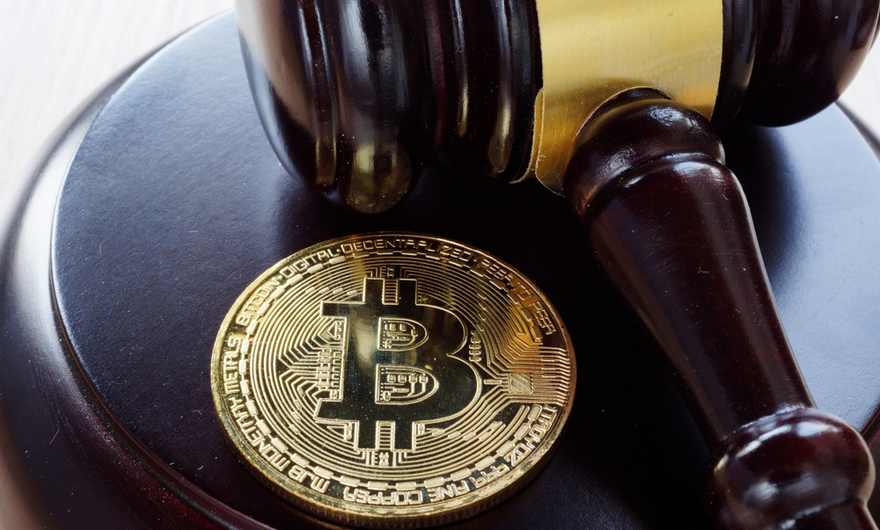Monetary Authority of Singapore (MAS) is expanding its regulatory framework and updating the Payment Services Act to keep up with changes to international standards and to better mitigate and reduce the money laundering and terrorism financing related to digital payment tokens.
Any entity that deals with the transmission, exchange or storage of Digital Payment Tockens (DPTs) – also known as cryptocurrencies – will now have to be licensed, MAS announced on Monday.
Minister for Transport Ong Ye Kung, who is also a board member of MAS said during the second reading of the Payment Services (Amendment) Bill in Parliament on Monday:
This will help minimize the risk of DPT service providers being exploited by criminals to launder illicit proceeds or hide illicit assets.
The new amendments also allow MAS to impose measures on DPT service providers to ensure better consumer protection and to maintain financial stability and safeguard the efficacy of monetary policy.
MAS stated:
We have seen recent development of new forms of DPTs which values are pegged to stable assets to gain users’ confidence. It is therefore important for MAS to be able to respond to market developments and address new risks in a timely manner.
Introduced in January 2020, the Payment Services Act, provides comprehensive regulation for companies handling activities ranging from digital payments to the trading of tokens such as bitcoin and ethereum, and gives MAS formal supervisory powers for cybersecurity risks and controls on money laundering and terrorism financing.
Read More:
